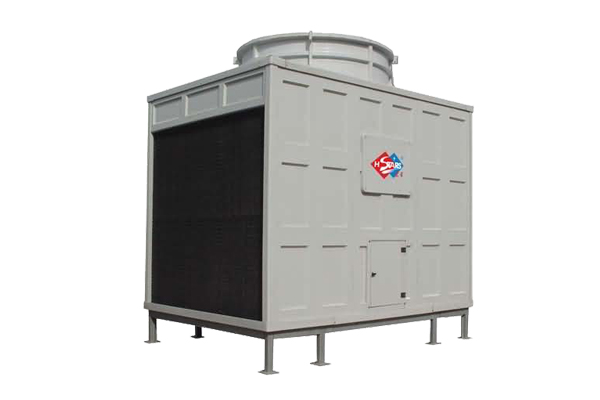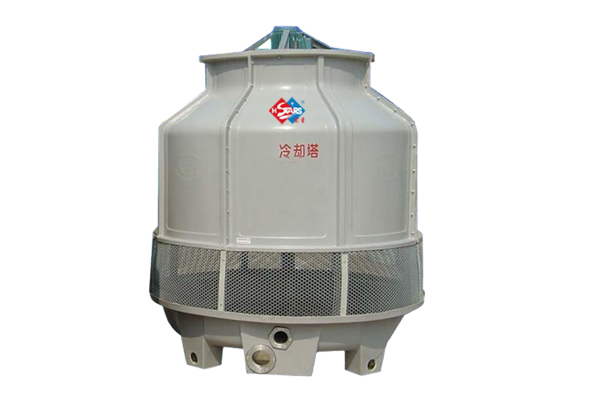Introduction:
Cooling towers are integral components of
industrial refrigeration systems, impacting their efficiency and overall performance. Understanding the advantages and disadvantages of cooling towers is crucial for businesses looking to invest in industrial cooling solutions. In this article, we will explore the key benefits and drawbacks of using cooling towers in industrial refrigeration.

Advantages of Cooling Towers:
1.Energy Efficiency:
Cooling towers are energy-efficient as they utilize the natural process of evaporation to dissipate heat. This results in lower energy consumption compared to other heat rejection methods.
2.Temperature Control:
Cooling towers allow precise temperature control, ensuring that industrial processes maintain their ideal operating temperatures. This is crucial for product quality and manufacturing efficiency.
3.Cost Savings:
Due to their energy efficiency, cooling towers can lead to cost savings on energy bills, making them a financially sound choice for businesses.
4.Environmental Benefits:
Cooling towers help reduce the environmental impact of industrial cooling by efficiently managing heat dissipation and conserving water through the recirculation of cooled water.
Disadvantages of Cooling Towers:
1.Water Usage:
Cooling towers consume a significant amount of water for the evaporation process. This high water demand can be a drawback, especially in regions with water scarcity concerns.
2.Maintenance Requirements:
Cooling towers require regular maintenance to prevent issues such as scaling, corrosion, and biological growth. Neglecting maintenance can lead to reduced efficiency and performance.
3.Legionella Risk:
Cooling towers can be a potential breeding ground for Legionella bacteria, which can pose health risks. Proper water treatment and maintenance are essential to mitigate this risk.
4.Choosing the Right Cooling Tower:
When considering the use of cooling towers in industrial refrigeration, businesses should:
Select cooling towers that match the specific heat rejection requirements of their industrial processes.
Implement water treatment processes to maintain water quality, reduce scaling and corrosion, and prevent biological growth.
Adhere to local regulations and best practices for cooling tower maintenance to ensure optimal performance and mitigate environmental and health risks.

Conclusion:
Cooling towers are valuable components in industrial refrigeration systems, offering energy-efficient temperature control and cost savings. However, businesses should be mindful of their water usage and maintenance requirements. By selecting the right cooling tower and implementing proper maintenance and water treatment practices, industries can harness the benefits of cooling towers while minimizing their disadvantages, ultimately optimizing their industrial refrigeration systems.
H.Stars Group with 30+ years can help you with our advanced HVAC equipment, If you would like to learn more about Industrial cooling equipment, please leave your inquiry on our website, and our sales team will contact you as soon as possible.

